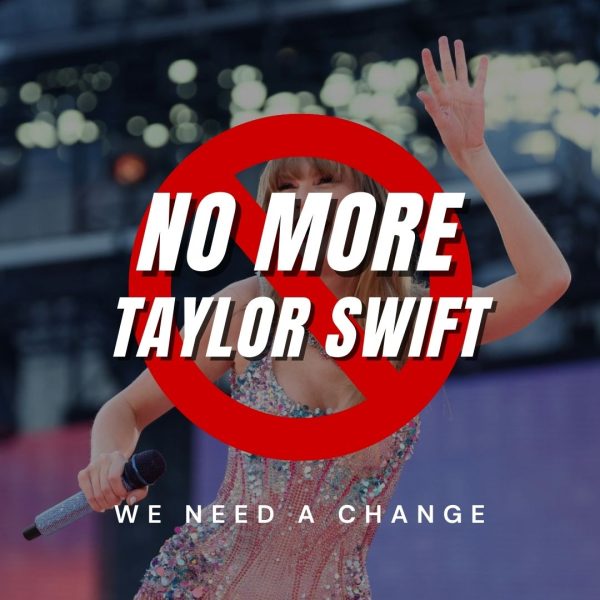The Food Allergy Paradox

Food allergies are not always taken seriously. Why? (Photo taken from Google Images.)
December 3, 2018
“I would die if I was allergic to dairy.”
“That girl ordered soy milk, but she’s way too skinny. Obsessed over weight much? I put real milk in her coffee.”
“Why don’t you just eat it and push through? That’s what I would do.”
“Whatever man, I don’t care, let me enjoy my Reese’s Peanut Butter Cup.”
There is no denying that food allergies and intolerances are annoying. Plain and simple. It is embarrassing to modify restaurant orders with so many complex requests, to make the entire class toss out some of their favorites and to get so insanely incapacitated by simple food. When most people think of food allergies, the scary image of a child swelling up and choking after eating or even being near something like shellfish or tree nuts pops into their heads. So many food allergies are deadly, and they result in extremely dangerous reactions and near-death experiences. Epipens are stabbed into legs, ambulances are called and the food culprit is completely removed from the environment. Those allergies cannot afford to be ignored.
What about the allergies that do not kill?
I am lactose intolerant. Severely. Lactose intolerance is a part of the cluster of food intolerances that are not life threatening, but they sure as heck hurt. These allergies are thrown to the side, ignored and rarely taken seriously. Why would they be? So many people can just push through those little blips of discomfort when they eat, right?
Here is the thing: those people you think can push through it? They cannot. Not always. Intolerances and mild allergies can be extremely debilitating. For instance, if I eat anything containing the slightest trace of dairy or milk products, I become violently ill for about two days. I cannot push through that, despite how good mac-and-cheese may be. Celiac disease, Crohn’s and Irritable Bowel Syndrome come with a huge assortment of digestive troubles, but those intolerances are not known to make your throat close up or break out in hives. They are not taken as seriously, but they are still terrible enough to make you want to stop eating all together.
After many years of scrolling through Instagram and Twitter, I have seen so many posts that go along these lines:
“I work at a Starbucks. This teenaged girl came in and ordered a coffee with almond milk. It ticked me off because she was already so skinny; she did not need to diet with soy. So, I put dairy milk in her product when she wasn’t looking.”
What are the problems with this? Not only does it go against this person’s direct requests and disrespects her, it puts her in jeopardy: what if she was as severely lactose intolerant as I am? What if she was allergic to dairy? What if she was following a doctor-mandated food plan to finally solve some tummy troubles?
It is essential to respect a person’s choices in the first place, even if they were not allergic and just wanted to try a diet. I am often put into the same boat as the anonymous girl from the post and the countless others who are not taken seriously, and I have to insist over and over that, no, I cannot have dairy, please stop putting butter on my food. No cheese, please. Pass on the ice cream. It is much harder than it needs to be to get people to believe me when I say I cannot eat dairy.
The food allergy paradox: they are serious but not always taken seriously. The debilitating stomach pain, the anxiety of not knowing what you can eat and the annoyances of having to tell people everything you are allergic to makes food allergies pretty obnoxious. Although, the most obnoxious part may just be how no one believes you.
Why are these food allergies and intolerances not taken seriously? A main contributor to this controversy is that food intolerances are a pretty new thing, at least at this large of a scale. A lot of people find this “food intolerance craze” to be just that: a fad. They view it as a frantic health obsession that is pestering dinner hosts and restaurant owners all over. However, as FARE, or the Food Allergy Research and Education source says, food allergies are “not only life-threatening, they’re life-altering.” They may be an annoyance, but they are real. They are painful.
Let’s break that mold. Let’s start respecting food choices and preferences. Stop pestering people about what they can and cannot eat. Food is essential to life, so why spend so much energy disrespecting the needs of others?
FARE Source: https://www.foodallergy.org/life-with-food-allergies/food-allergy-101/food-allergy-myths-and-misconceptions












